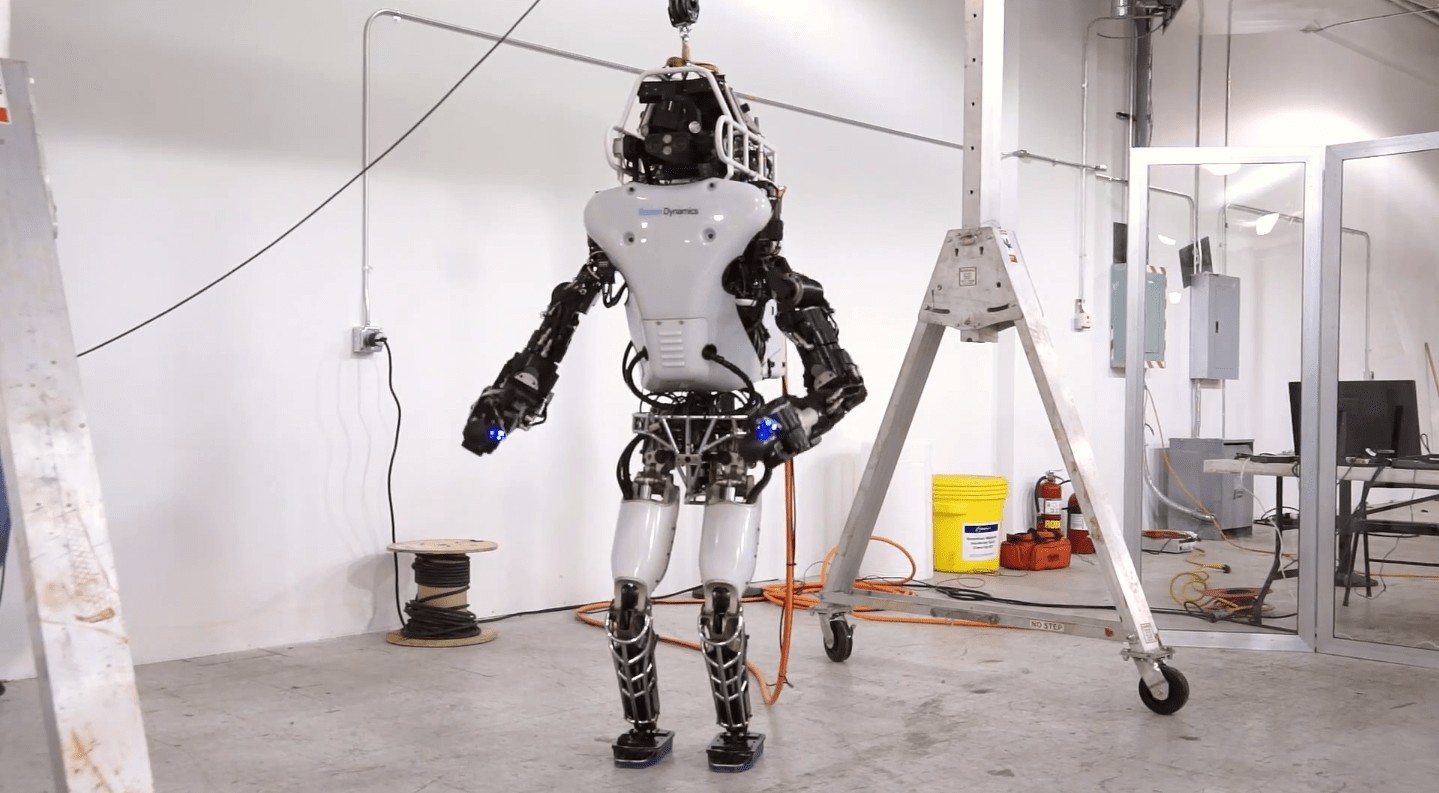Technology and robotics has had a profound and transformative impact on man’s lifestyle during the last two decades, and the march of new and innovative tech will continue to shape daily personal and working lives dramatically. The advent of the Internet, the rise of mobile devices and the digital revolution are just a few of the milestone innovations that have changed how we communicate and conduct business, and the next decade promises even more exciting breakthroughs.
Office transformation
Experts have predicted that our working lives and office spaces will feel the impact of continued technological changes during the next decade. Smart tech, gadgets and digital devices are already transforming how enterprises conduct business, and the switch to mobile and wearable tech will become more pronounced by 2025. This means the idea of a fixed workstation will become obsolete. Employees will be able to use their own tablets and smartphones and sync to various digital screens to conduct meetings, access information and write documents. These connected devices will also drive a shift away from traditional e-mail and text messages to more interpersonal interactions via smartwatches and other tech.
Customized workstations
Advanced robotics will also bring about customized workstations and a new focus on the needs and productivity of the individual rather than the collective. Offices could incorporate moveable walls to create personal hubs at will, while wireless lighting systems such as Philips Hue will be adapted and become more sophisticated so lighting and ambience can accommodate the needs of employees. Mobile apps and data analytics will also offer a more bespoke and comfortable experience for each individual. Looking to 2025 and beyond, 3D printers could have the capability of creating customized appliances and furniture such as chairs and tables. This modular approach would lead to specialized workspaces in place of the often-cramped offices of today, with rows of similar desks and chairs.
Successful entrepreneur David Kiger recently wrote a blog piece about the vast potential and impact that new tech and robotics will have on the logistics industry and the wider business world in the years to come. Kiger founded Worldwide Express, a major global logistics shipping logistics provider, so he is well placed to provide fascinating insights on how the Internet of Things, sustainable energy and self-driving cars will change how enterprises will interact with customers and transport goods.
Virtual reality
Virtual reality has been hailed as the next frontier for new digital experiences. While in 2016, VR is just about to hit the mainstream with products from Sony and Vive, it is expected to adapt and evolve during the next ten years, with experts predicting that compelling 3D experiences will be available for both gamers and general consumers by 2021. Augmented reality headsets could also change how we consume our favorite media during that time. These headsets, such as Microsoft’s HoloLens, are soon expected to feature tech that will project real life environments, characters and immersive virtual worlds into our living rooms.
Advanced health monitoring
Health executives believe real-time health diagnostics will be a reality by 2015. This means that you will be able to use wearable devices and patches to see whether your immune system or intestinal flora is in great shape or whether you have a condition such as pre-diabetes. Tech giant Google has already started developing tiny magnetic particles that could eventually allow us to diagnose cancer and other ailments and diseases. The advance of personal health tech is exciting for fitness fans and gym-goers, as they will be able to access a wealth of in-depth information and data about their bodies using tech and compatible apps on their mobiles.
Smart wireless homes
Every gadget in the home could become smart and wireless by 2025, as the University of Washington has already developed tech that allows devices to be powered by energy harvested from local Wi-Fi, mobile phone and TV signals. This tech uses backscattering to construct a new signal and may drive a new wave of gadgets without batteries. This means you won’t ever have to replace temperature sensors, alarms or security cameras and it could eventually extend to other more power-hungry appliances. Homes will also become smart through the emergence of advanced intelligent assistants that run locally to complete complex AI tasks. Larger connected touchscreen devices will become more common by 2025 and will provide us with relevant data and information, both at home and in public locations and retail outlets. In addition, the arrival of 5G networks will bring a step-change in performance and deliver lightning-fast download speeds and higher capacity.

